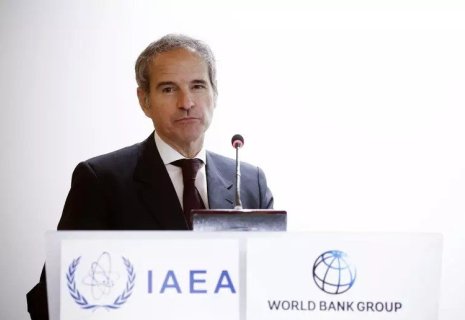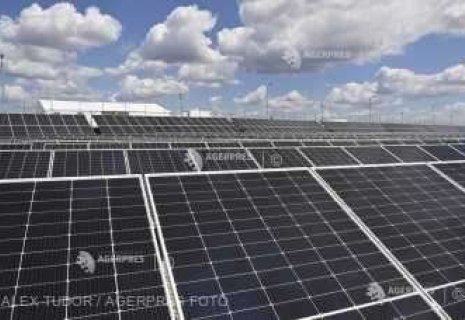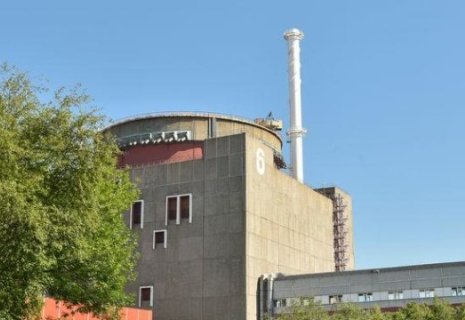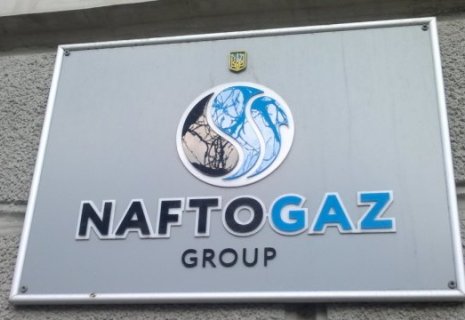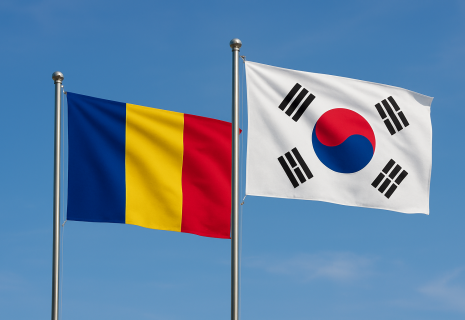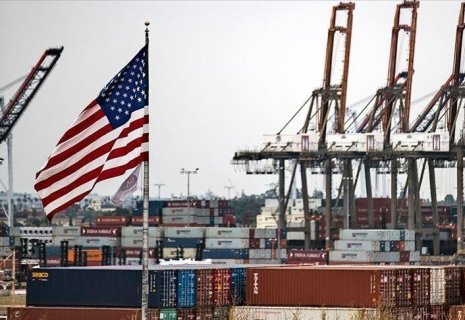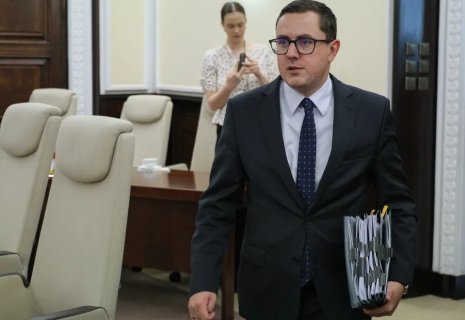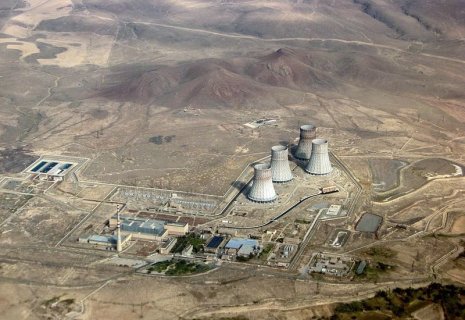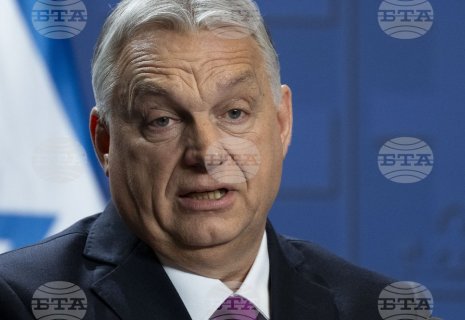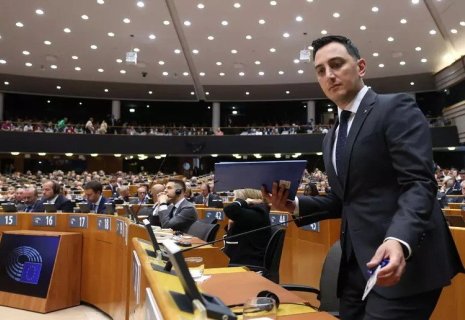
Albania Crowned Most Sustainable in Energy by WEF
Albania ranks first in terms of sustainability in the energy sector.
World Economic Forum, has published a ranking of countries referring to three pillars, which are considered the most important in terms of energy development, CE Report quotes Kosova Press.
In the sustainability column, Albania ranks first, leaving behind well-known European countries such as France or Sweden.
Albania's Minister of Infrastructure and Energy, Belinda Balluku, describes this assessment as the fruit of the work and vision of the Albanian Government.
She writes on Facebook that such assessments motivate her to continue her commitment to new projects in this sector.
One of the most prestigious economic forums, the World Economic Forum, has announced the ranking of countries in terms of three components, which are considered the most important pillars of the energy development of countries. The World Economic Forum has announced Albania in first place, in the sustainability column, leaving behind countries that have been developed in energy for decades, such as Sweden, Switzerland or France. Proud to see the fruits of our team's work, internationally appreciated. Proud of the Albanian government and the vision of Prime Minister Edi Rama, to make our country a regional energy pole and net exporter.
"Such assessments motivate us to continue our commitment to new projects in a sector like energy, where the biggest challenge today is to turn geopolitical risks into strategic opportunities," she wrote.
According to the World Economic Forum's report "Driving an Effective Energy Transition 2025", after several years of slow momentum, the progress of the energy transition has accelerated.
The Energy Transition Index (ETI), which compares 118 countries on their current energy system performance and the readiness of their enabling environment, finds improvements in energy equity and sustainability driven by energy price easing, subsidy reforms, lower energy and emissions intensity, and increased share of clean energy.
However, energy security has made more limited progress and the momentum of transition readiness has slowed. Meanwhile, global energy systems are facing increasing pressure from climate change, geopolitical, economic and technological disruptions, the report says, among other things.
Otherwise, Kosovo is not included in the WEF index.

